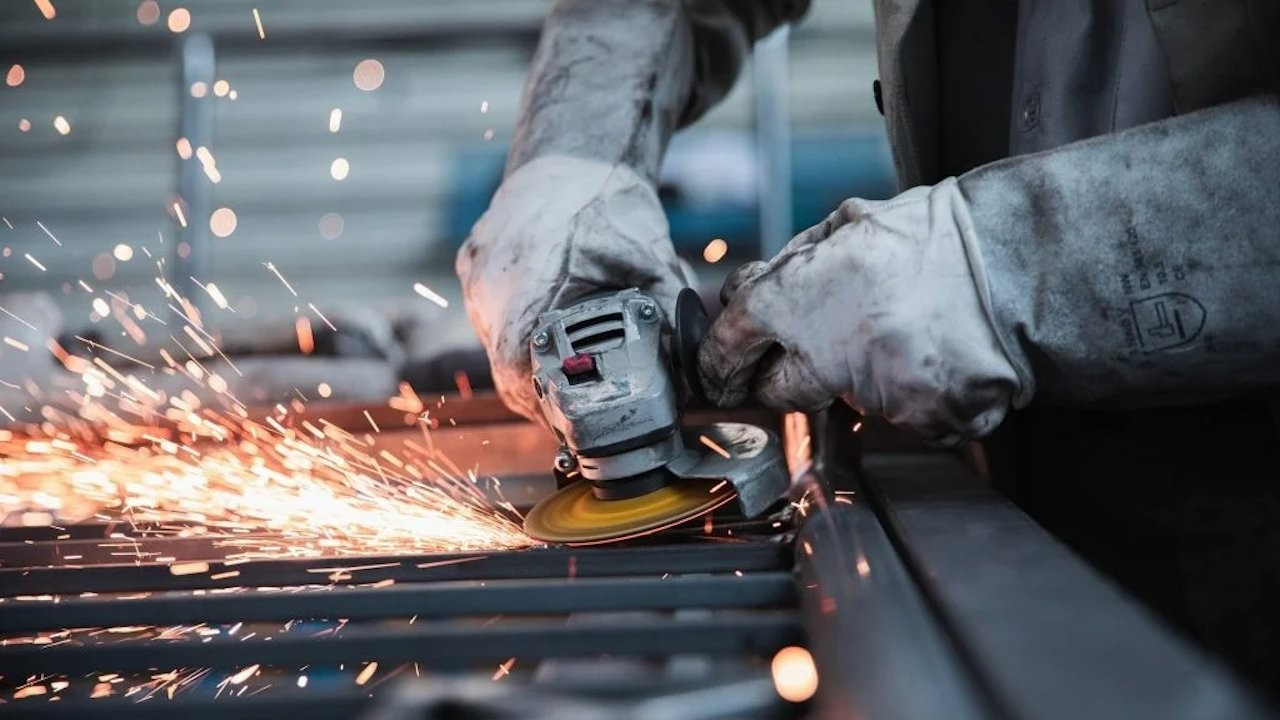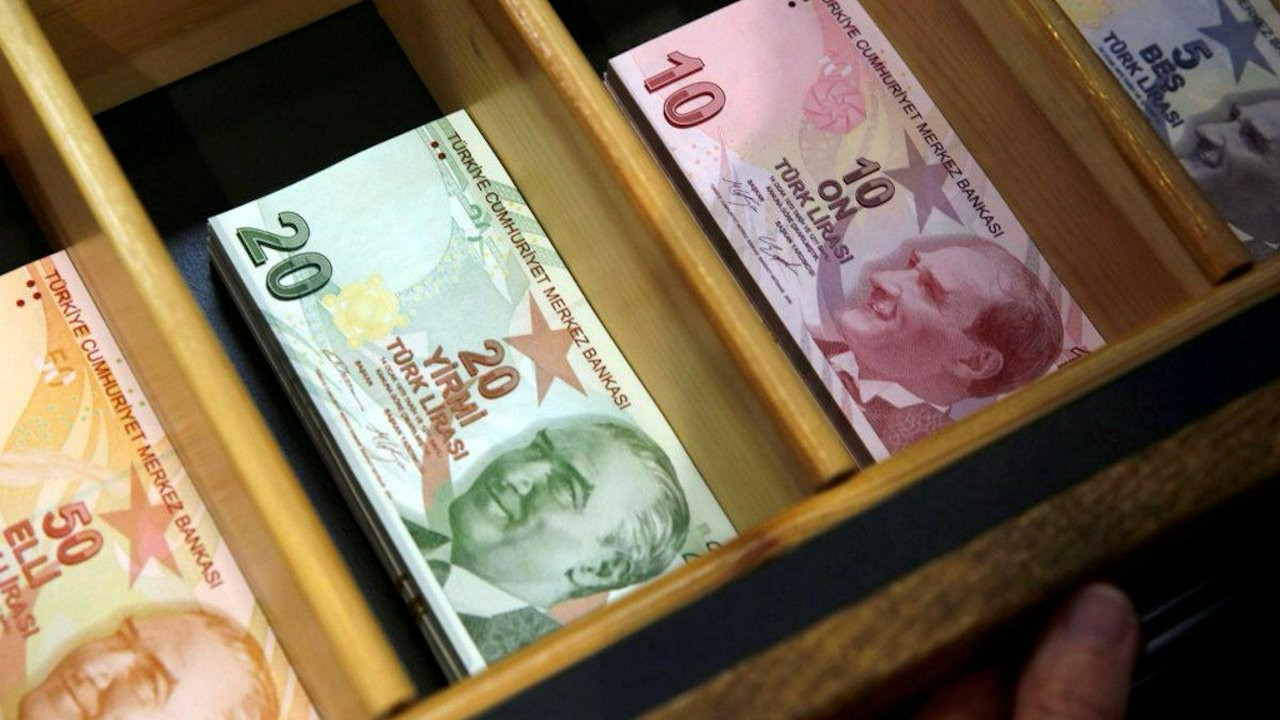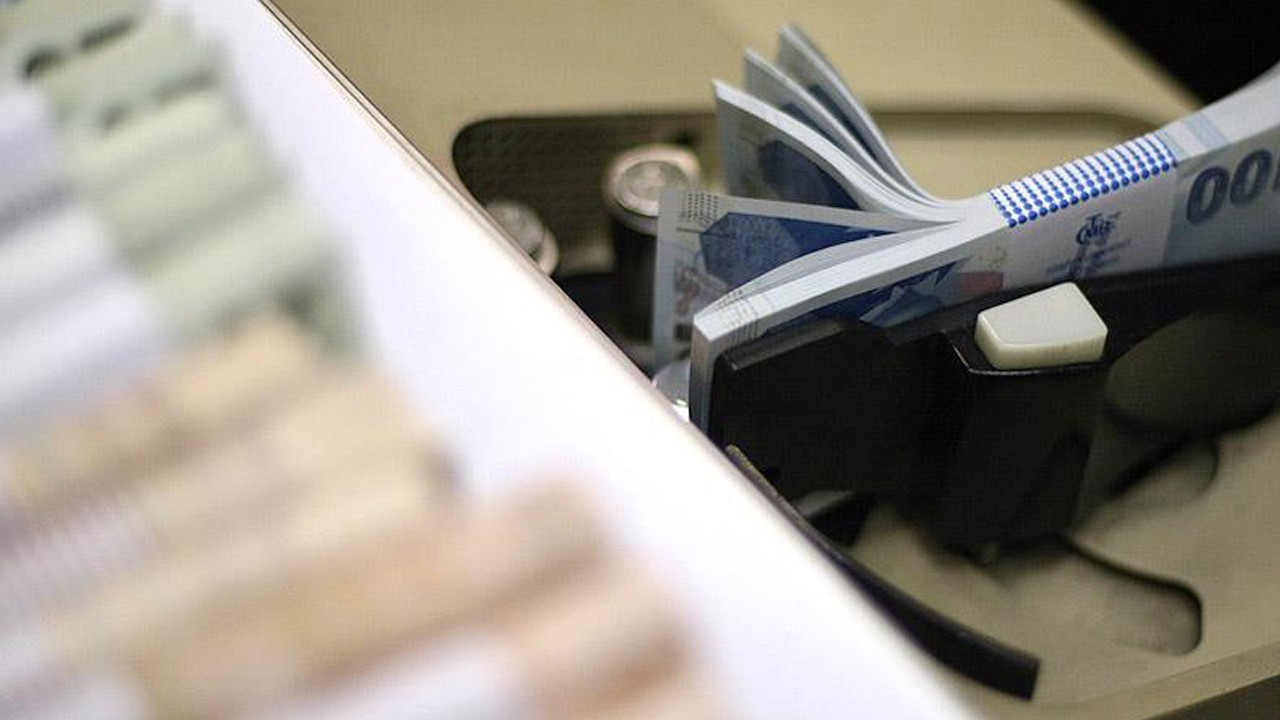Turkish opposition, former cenbank heads ask: Where did people's money go?
Two former top officials of the Turkish Central Bank called for an official investigation about where and how 128 billion dollars of the bank’s foreign reserves were spent, while the main opposition party publicly demanded answers from President Erdoğan.
K. Murat Yıldız / Duvar English
The Turkish Central Bank (TCMB) has spent 128 billion dollars of its reserves since 2019. Although President Recep Tayyip Erdoğan and his monetary policymakers are trying to downplay the issue, the public, experts and the opposition want to know where the money has gone.
On March 2, main opposition Republican Peoples Party (CHP) leader Kemal Kılıçdaroğlu in his party’s weekly parliamentary meeting said “128 billion dollars. I have been talking about this for a long time. Erdoğan, to whom did you sell these 128 billion dollars” and then directed 5 questions to the president:
- The TCMB announced alls its sales to the public, but for the sale of 128 billion dollars, there is no announcement. So, with which method was this sale done?
- When was this sale done?
- How much foreign currency was sold at what exchange rate?
- Who were the buyers in this deal?
- Who are the individuals who authorized and signed this transaction?
Call for a parliamentary commission
Meanwhile, two former top officials of the TCMB, Durmuş Yılmaz who was the governor of the bank between 2006 and 2011, and former deputy governor İbrahim Turhan, called for the establishment of a commission similar to the one established after the 2001 financial crisis to probe the banks' much-criticized losses.
‘No answers to our questions since 2019’
“The TCMB can sell money within its legal framework and that is normal. For example, during the 2008 global financial crisis, the bank did so with transparent and accountable tenders. If necessary, it can buy or sell foreign currency, but it has to announce it on the same day and make the amount public within 15 working days,” İbrahim Turhan, former deputy governor of the TCBM told Duvar English.
“If we check the website of the bank we can see that the last sale made public was on Jan. 23, 2014 worth more than the 3 billion dollars. Recently President Erdoğan confirmed that they sold foreign currencies and that they were not able to confirm it. I have been asking this question since 2019 to no avail,” he added.
No need for new laws
Regarding whether major changes need to be made to the TCMB, he said, “There is no need for new laws and regulations. They just need to abide by the existing ones. No one is attacking the TCMB for selling money, it is one of their duties.”
“Here are the main questions: First, how did you sell this money? Second, when did you sell it? You have to legally announce this. Third, what exchange did you use? Forth, to whom did you sell it?" Turhan asked, echoing main opposition leader Kılıçdaroğlu.
State banks used as a backdoor
Pointing to the much-discussed role of public banks in the affair the former deputy governor said that, “The main accusation here is that the TCMB made those sales using state banks as a back door. We know for a fact that state banks have sold a serious amount of foreign currency, but we don’t know what kind of transactions happened.”
“When we look at the BDDK (Banking Regulation and Supervision Agency) website, we can see the foreign exchange position (Forex) of state banks. At the moment the position is -1.6 billion liras. If we look at June 2020 it is -48 billion liras,”
Regarding these and other statistics he added that "we see during this period that not only the TCMB’s resources were used, but also state banks.'”
"Printing money, like declaring wars, is a right explicitly reserved for the parliament according to Article 87 of our constitution. Historically, printing money has been a sign of sovereignty. The parliament delegated this right to the TCMB. Therefore, the TCMB has a legal duty to parliament to give account for its actions and that is what we are asking it to do.”
Audit reports not taken into consideration
Pointing to the erosion of auditing and parliamentary oversight under President Erdoğan, he stated that, “In every institution, there are independent auditors. They used to do their job freely. Now they are afraid. It is the duty of the court of accounts to audit the state and its institutions, including the TCMB, but today those reports neither reach the parliament floor nor the public,” Prof. Veysel Atasoy told Duvar English.
“The TCMB doesn’t need a parliamentary commission. They should look at their internal audit reports or call for international independent ones,” he added.
“Since September we announce the inflation rate as an independent organization (Inflation Research Group – ENAG) and we believe because of that, more accurate information is shared with the public. Yet, the head of the Turkish Statistical Institute (TÜİK) has been replaced for the third time. Experts and people are struggling to access true data. This is not different”
‘It’s the people's money’
Economist and columnist Mustafa Sönmez, one of the leading critics on the subject has been asking on his pieces and Twitter account about where the people’s money was spent and the possibility of huge profiteering from the sales.
Sönmez told Duvar English that “In the past, this kind of transactions would not exceed 3-4 billion dollars a year. We are talking 128 billion dollars in 2 years.”
Like others pointing to the lack of transparency and accountability, he said, “They don’t even answer parliament. Not only the TCMB, but also state banks. We don’t know who used this money via the state banks."
“The TCMB’s money is the people's money. The TCMB doesn’t even have a dollar if you do the math,” he added.
“The TCMB and officials must be brought to account regarding this money. Maybe even the current governor of the bank would support such a move, but President Erdoğan will not allow it,” Sönmez concluded.

 Economic outlook of Turkey as economy grows 1.8 pctEconomy
Economic outlook of Turkey as economy grows 1.8 pctEconomy Turkish Central Bank stays hawkish, holds rates steady at 17 pctEconomy
Turkish Central Bank stays hawkish, holds rates steady at 17 pctEconomy Turkish Central Bank holds rate at 17%, vows tight policyEconomy
Turkish Central Bank holds rate at 17%, vows tight policyEconomy